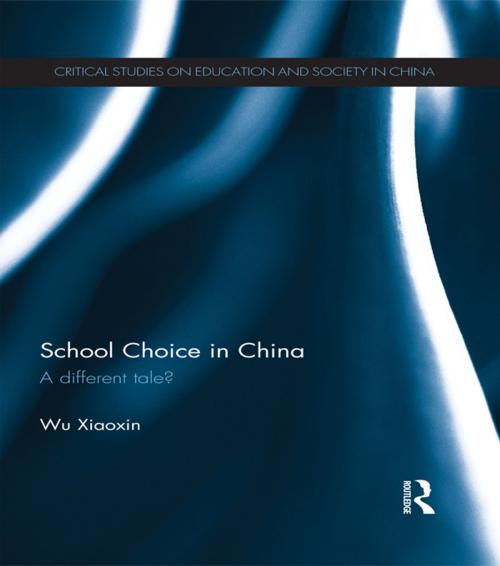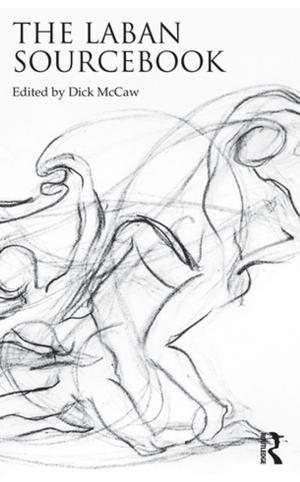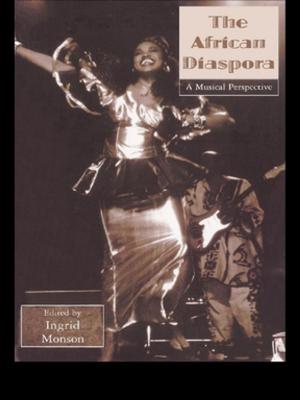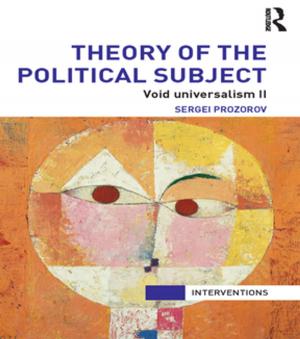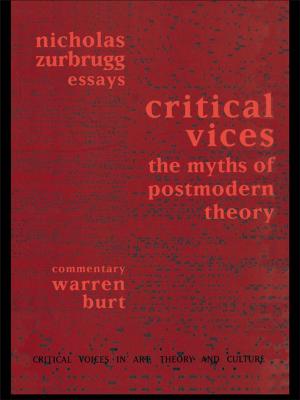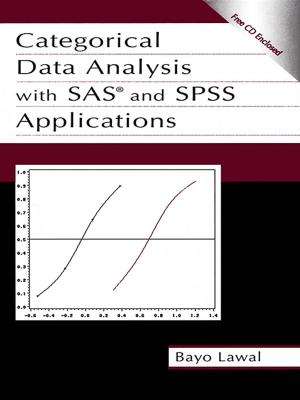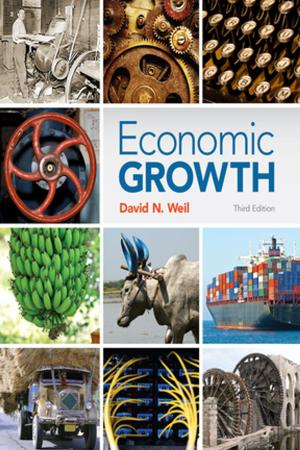School Choice in China
A different tale?
Nonfiction, Reference & Language, Education & Teaching, Parent Participation, Educational Theory, Educational Reform| Author: | Wu Xiaoxin | ISBN: | 9781134675944 |
| Publisher: | Taylor and Francis | Publication: | October 15, 2013 |
| Imprint: | Routledge | Language: | English |
| Author: | Wu Xiaoxin |
| ISBN: | 9781134675944 |
| Publisher: | Taylor and Francis |
| Publication: | October 15, 2013 |
| Imprint: | Routledge |
| Language: | English |
School Choice in China explores the major characteristics of schooling options in China, highlighting how largely middle-class parents exploit their cultural, economic and social capital for their children's admission into choice schools. It highlights how payments such as choice fees, donations, prize-winning certificates and awards, as well as the use of guanxi, result in Chinese school choice as a parent-driven, bottom-up movement. The author also explores how schools and local governments cash in on the school choice fever in order to obtain significant economic returns, leading to policies that accommodate the needs of mostly middle-class families. He argues that although this system seems to create winners among the parties involved, it exacerbates the educational inequality that already exists in Chinese society.
Chapters include:
- Positional competition for cultural capital
- Exploitation of social capital
- Economics of school choice
- Class reproduction through parental choice
* *
This book is not simply a detailed analysis of Chinese school choice practices, but also a study of the competitive middle class search for advantage for their children. As such it will be beneficial to undergraduates, postgraduates, education professionals, policy makers, and anyone with an interest in education, sociology*, social policy, and the rise and future of China**.*
School Choice in China explores the major characteristics of schooling options in China, highlighting how largely middle-class parents exploit their cultural, economic and social capital for their children's admission into choice schools. It highlights how payments such as choice fees, donations, prize-winning certificates and awards, as well as the use of guanxi, result in Chinese school choice as a parent-driven, bottom-up movement. The author also explores how schools and local governments cash in on the school choice fever in order to obtain significant economic returns, leading to policies that accommodate the needs of mostly middle-class families. He argues that although this system seems to create winners among the parties involved, it exacerbates the educational inequality that already exists in Chinese society.
Chapters include:
- Positional competition for cultural capital
- Exploitation of social capital
- Economics of school choice
- Class reproduction through parental choice
* *
This book is not simply a detailed analysis of Chinese school choice practices, but also a study of the competitive middle class search for advantage for their children. As such it will be beneficial to undergraduates, postgraduates, education professionals, policy makers, and anyone with an interest in education, sociology*, social policy, and the rise and future of China**.*
